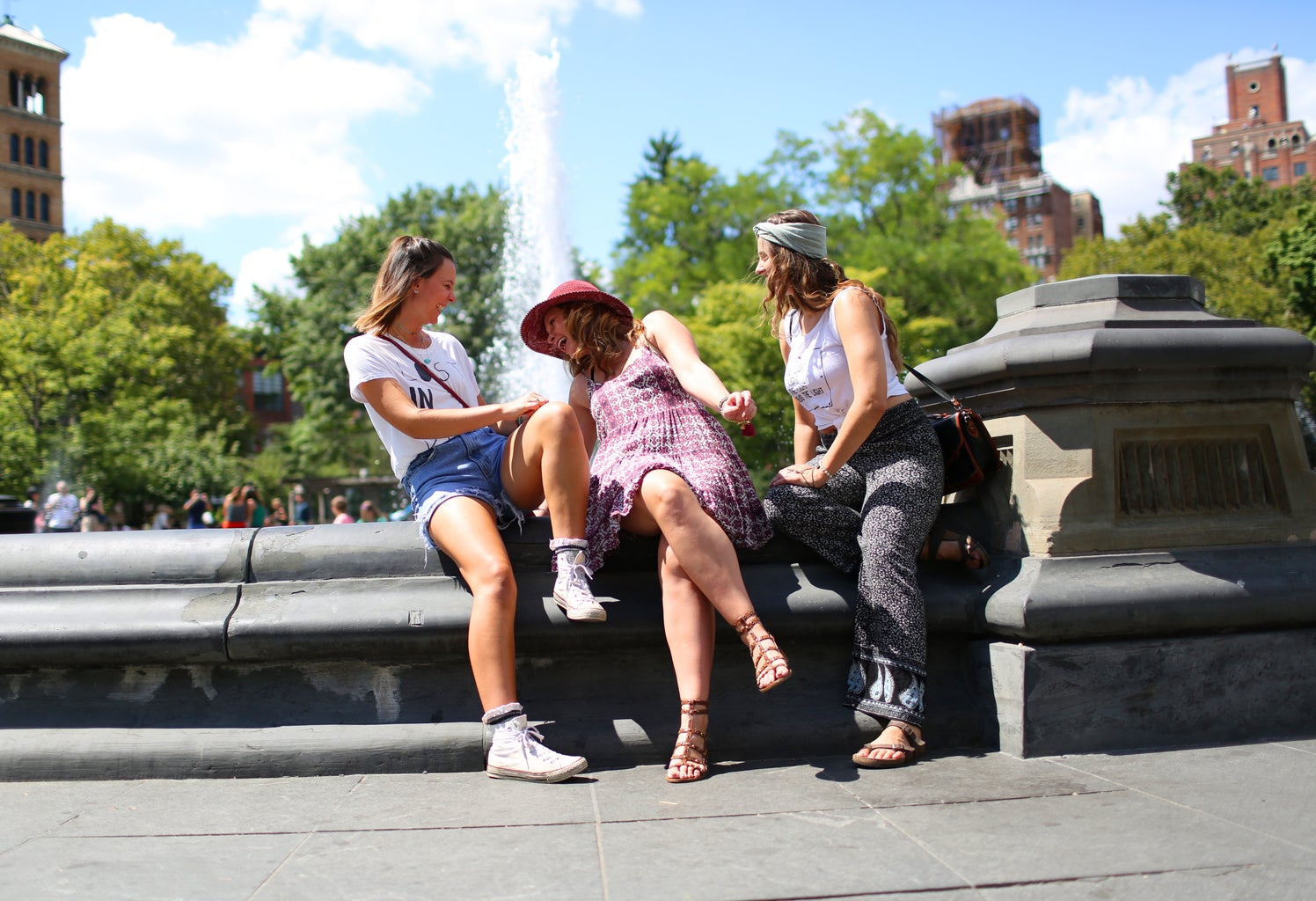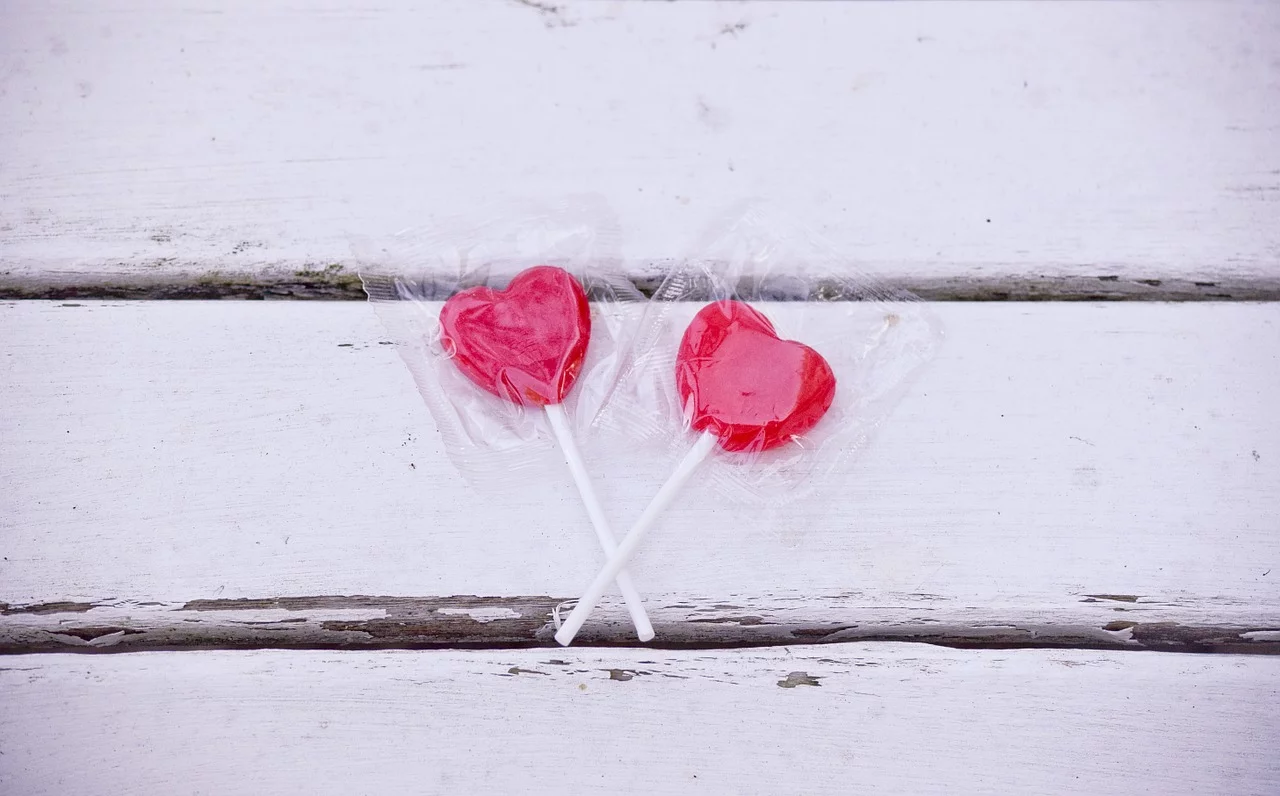If you are anything like me, you may find it easier to do certain things or think a certain way if it is for the benefit of others. When a loved one makes a harmless mistake, we can see it through a lens of compassion, offering words of validation. When a loved one doubts themselves, we pour light into their souls, making them see just how wonderful they truly are. We want to watch them succeed. Even more-so, we know they will succeed. We have the utmost confidence that everything will work out for them simply because they deserve the best.
Yet, when we turn the spotlight to ourselves, everything gets a bit murky. This same overflowing compassion, love and assurance we give to others is not given to ourselves. I don’t think it’s absurd that it’s sometimes easier to give credit to those we love over ourselves. We see them more clearly than we can sometimes see ourselves, our inner views are clouded by thoughts and personal bias. All in all, we tend to be softer toward other people, especially toward those close to us. Although I believe the ultimate goal is to be our biggest fans in the same way we serve as cheerleaders for our loved ones, this doesn’t happen overnight.
If you find it easy to give porous amounts of love and support to the people you care about, you may resonate with the following cheat code: If we frame self-love as the moral choice for others, we can trick ourselves into the practice.
Let me explain how this manifests in practice. For example, I will take you through the scene of my friends and me getting ready to go out for dinner and drinks. There will usually be music blasting along with piles of discarded outfit options sprawled on my bed. Once I’ve finally settled on an outfit, perhaps I’ll throw my hair back and spend about 30 minutes doing my makeup. My friends are all doing the same; everyone is priming and prepping.
Then, the wave of insecurity washes over. I don’t like how my top clings to my body and I don’t like that one stubborn flyaway I can’t seem to stick down. I start to feel disgusted with myself, setting off the train of self-doubt in my mind. My mood drastically decreases, and you can see it on my face. I share my discontent with my friends, and they reassure me I look great, but I can see my own discontent has spread to them like a contagious cough. The overall mood has gone down, and I can see how my friends are now checking their own supposed flaws, creating problems with their appearances that don’t exist in reality.
The same applies to any facet of being. If I am talking out loud about a lousy mark, even if I don’t give details, the people around me are subtly influenced to think about their own grades, seeing if they measure up. If I haven’t found a summer job yet and it’s making me feel worthless, I’m putting out into the world that I feel like a failure, potentially causing those in the same boat to question whether they, too, should feel like a failure.
Now, of course, I find it very important to preface that you are allowed to have insecurities, and of course, you can talk to the people around you to get the support you need. There is no reason to feel guilty for sharing your insecurities with your friends. This is simply human and it’s what friends are there for. I am simply showing you how fragile we are as creatures through the way that our own thoughts can travel to our loved ones.

Now that we understand how our insecurities can be contagious, I’d like to show you the power of the way our confidence can be contagious. Returning to the going out scenario, imagine what could have happened if, instead of insecurity, I radiated confidence. I got dressed and recognized the way I was glowing. I felt content in my own skin, and I admired the way the colour of my skirt complimented my complexion. You could see the confidence on my face and through my calm demeanor. Of course, the confidence isn’t all blinding, yet I choose not to highlight what I believe to be ‘flaws.’ I am choosing to highlight my strengths; I am choosing to highlight myself. My friends catch onto my confidence, seeing the way I am glowing. They realize that they, too, can choose to highlight their own beauty. It makes it a lot harder for them to start doubting themselves. Emphasizing the parts of myself that I love encourages my friends to emphasize the parts of themselves that they love. My confidence is contagious like a cold.
It sounds so simple, but it isn’t until you see it in action that you realize how influential it can be in your life.
If you are someone who already sees yourself with gentle eyes, see if this mindset could help overflow the love you already give to yourself. And for those more like myself, try to fully step into the idea that giving yourself love is virtuous for both yourself and others. The process is slow, but even noticing the way you talk to yourself is a good first step in getting to where you want to go. Indeed, it would be nice if I could fast past this, and go straight to radiating self-love; doing it for myself. Yet, the reality is that I have trouble pouring love into myself even though it comes naturally for me to pour love into others. If you don’t need this cheat code, that’s absolutely incredible, but either way we will be reaching the same conclusion.



